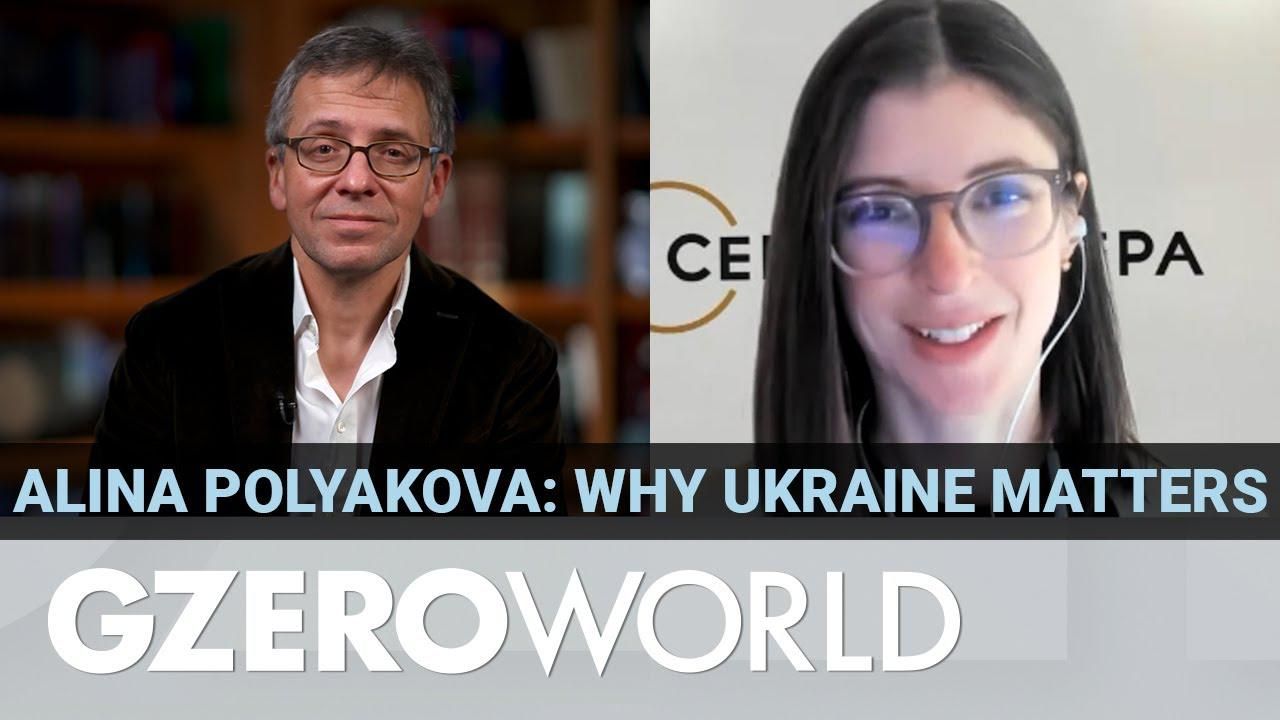Why Ukraine is the target of Russian aggression – analyst Alina Polyakova

Tensions continue to escalate in Ukraine with Russian troop build-up and constant cyberattacks.
Will Putin invade Ukraine? Ian Bremmer speaks with Russia/Ukraine expert Alina Polyakova of the Center for European Policy Analysis, who believes that all the signals are pointing to a Russian invasion of Ukraine - though that could strengthen NATO.
Putin has responded to Western diplomacy with demands that are impossible to meet. Still, the US and NATO are trying their best to stop the war.
For Polyakova, the Biden administration is leading the efforts because the Europeans are not on the same page. But Putin should not test NATO unity. A Russian invasion of Ukraine, she says, could strengthen the alliance — as did Russia's 2014 annexation of Crimea. Most Ukrainians, want to join NATO, but Polyakova thinks they need to fix their fragile democracy first.
She believes Western powers should work closely with Kyiv to preserve its fledgling democratic system. “I think we have to bet on Ukraine developing as a democracy in the years ahead," says Polyakova.
- How NATO absorbed its old foes | The Graphic Truth - GZERO Media ›
- Russia cares more about Ukraine than the US does - GZERO Media ›
- Russia's moves toward Ukraine - GZERO Media ›
- Europeans suggest reviving Minsk Agreement to resolve Ukraine ... ›
- “Crimea river”: Russia & Ukraine's water conflict - GZERO Media ›
- US & NATO will draw a hard line on Russian aggression in Ukraine – Ian Bremmer - GZERO Media ›
- Ukraine joining NATO "is the only option," says Alina Polyakova - GZERO Media ›
- Trump's call with Putin is big win for Kremlin - GZERO Media ›